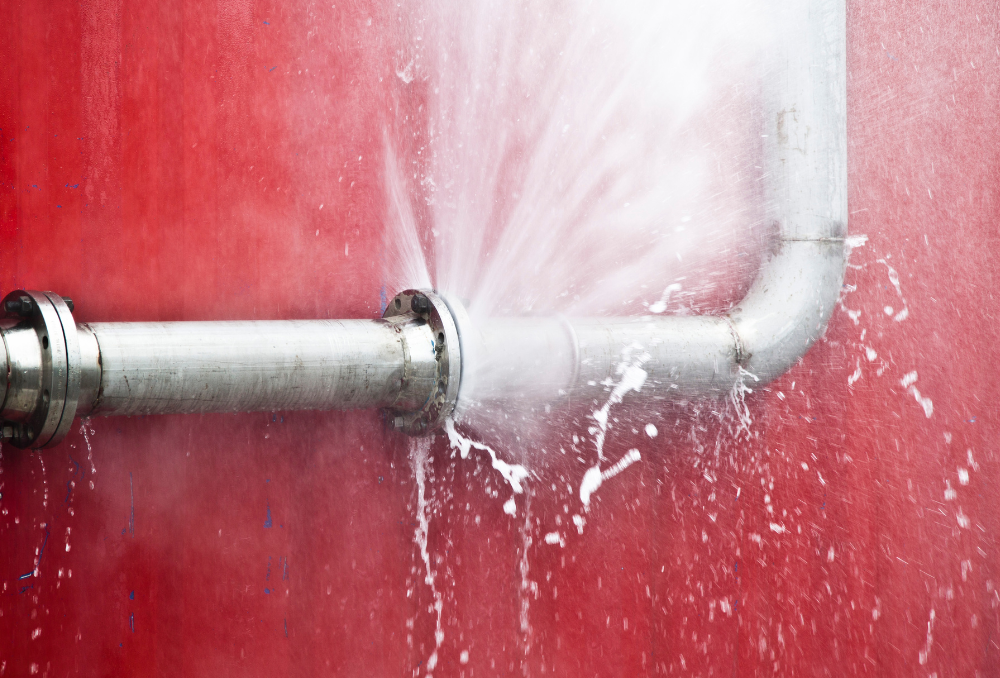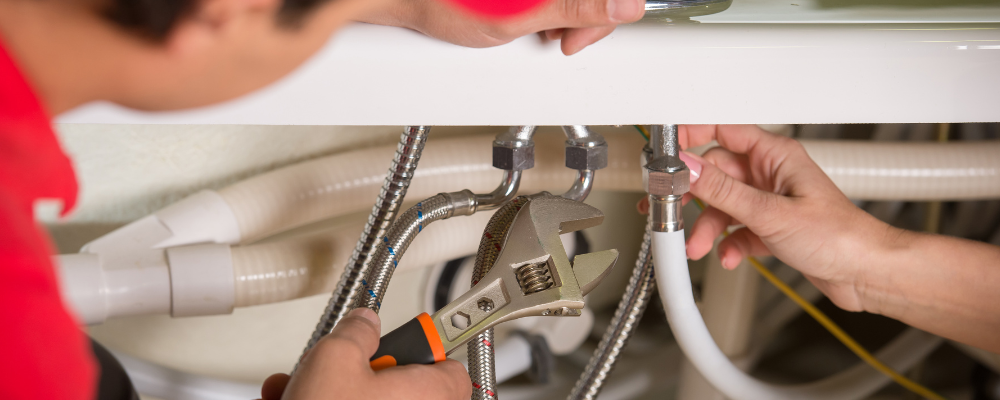|
Check out our new audio content!
Getting your Trinity Audio player ready...
|
By Stephenie Mojica
Whether you have a residential or commercial property or plan to buy one, it’s important to ensure that the plumbing is well maintained. REALTOR.com recently published a list of six common plumbing problems that people don’t necessarily think about.
ADVERTISEMENT
While the fall and spring months are the best time for you (or a plumber) to check your pipes and other fixtures, any time is better than never. However, keep in mind that most plumbing issues surface during the winter. So, it’s best to get in the habit of looking for problems during the fall season.
Most landlords and other types of homeowners know the dangers of frozen pipes, water heater problems, stuck garbage disposals, and clogged drains. But what else should real estate investors keep an eye on?
1. Clogged cleanouts.
A cleanout is an outdoor pipe close to the home that usually sticks out of the dirt. This is an important pipe because it provides access to plumbing. If the cap or cover of the cleanout is open, cracked, or broken, then leaves or debris can clog it and cause a backup of water flow.
2. Cluttered gutters.
Leaves and debris are once again the typical culprits for this plumbing-related problem. Cluttered gutters can also damage your roof or foundation. Regularly cleaning your property’s gutters and inspecting them (and your downspouts) for cracks or damage will prevent most problems.
ADVERTISEMENT
3. Root intrusion.
If your property is in a dry climate, sudden rain causes the roots of trees to expand in search of much-needed water. These roots can crack plumbing pipes. If you own a property with large trees, have a plumber perform a camera inspection so they can identify and rectify any issues.
4. Dirty sump pump.
Once again, the leaves and other debris associated with the fall season can spark year-round havoc. A dirty or clogged sump pump filter can cause standing water in your basement or shut the pump down too early. Slowly pour a bucket of water into the sump pit to see if everything operates normally; if not, call a plumber immediately.

5. Garden hose mishaps.
Put away all garden hoses before the temperatures drop. Unless your outdoor spigots are freeze proof, use foam covers to protect them. Otherwise, you risk problems such as flooding and pipes bursting or freezing.
6. Hidden or small leaks.
It may be tempting to ignore a tiny bit of rainwater leaking from the dining room ceiling, but the risk is not worth it. Even droplets of water can get into your electrical wiring and ignite a fire. Discolored spots or high water bills could signify a hidden leak; the assistance of a plumber is necessary if you suspect hidden or small leaks.






















